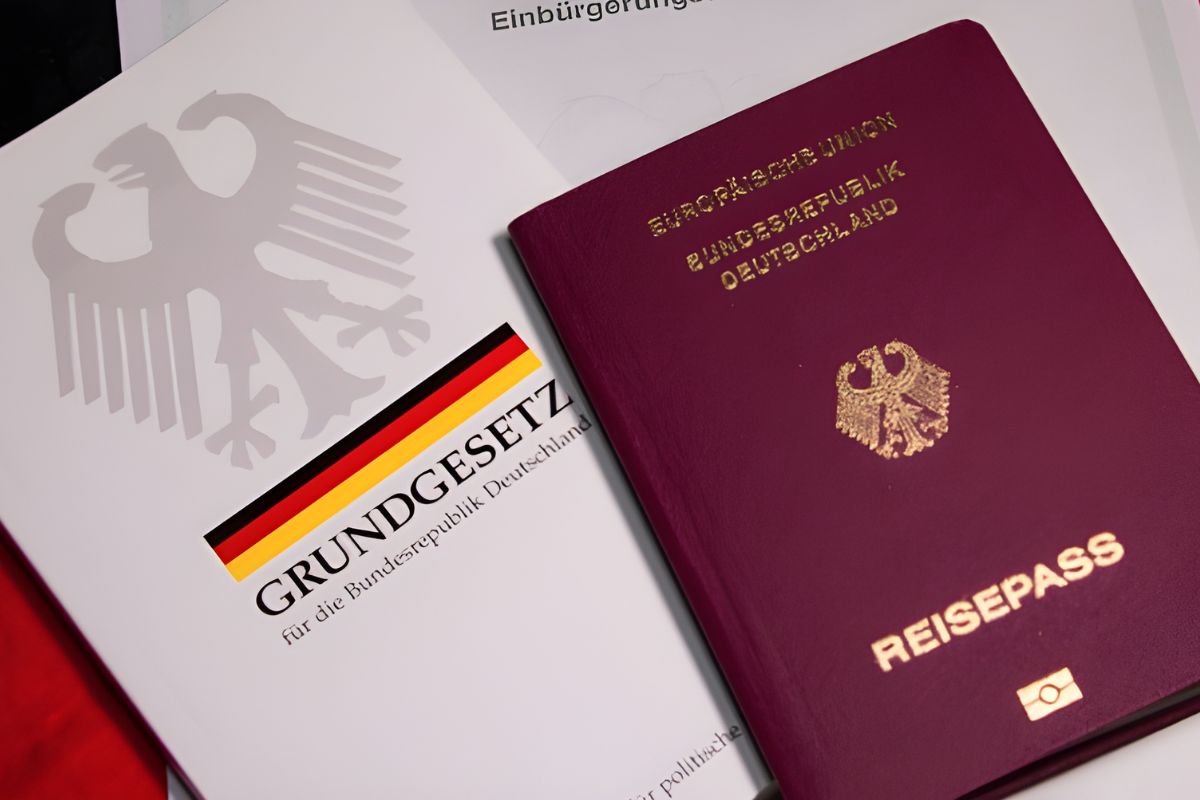The German government has approved a new citizenship law in an effort to attract talented migrants to help the country overcome persistent labour shortages. The law, which was approved by the cabinet on January 20, 2023, reduces the residency requirement for naturalization from 8 to 5 years, and in some cases, 3 years.
It also allows dual citizenship and automatically naturalizes children born in Germany to parents who have been residents for longer than 5 years.
Why the New Citizenship Law?
The German government believes that a faster path to citizenship will make the country more attractive to talented migrants, who are in high demand in many sectors of the economy. The government also hopes that the new law will help to reduce social tensions and promote integration.
Key Highlights of the Revised Citizenship Legislation
1. Accelerated Path to Citizenship
The existing eight-year residency requirement for citizenship applicants is revised down to five years, with the potential for a further reduction to three years based on exceptional achievements.
2. Automatic Citizenship for Children
Children born in Germany to parents who have resided legally for at least five years will now receive German citizenship by default, ensuring an inclusive environment for families.
3. Language Proficiency for Seniors
Immigrants aged 67 and above will have the option to take an oral German language exam as an alternative to a written test.
4. Embracing Dual Citizenship
The new law welcomes the concept of dual citizenship, acknowledging the diverse identities and global connections that individuals maintain.
5. Data Insights
The Federal Statistics Office of Germany indicates that approximately 2.9 million Germans currently hold multiple citizenships.
6. Residence and Work
Individuals from non-EU countries seeking to relocate to Germany will require a specific residence title aligned with their purpose of stay. This title grants them the fundamental right to work, unless otherwise restricted by law.
What Does the New Law Mean for Germany?
The new law is a significant step towards making Germany a more attractive destination for talented migrants. It is also a sign of the government’s commitment to integration. The law is expected to come into effect in early 2024.
How to Apply for German Citizenship
If you are interested in applying for German citizenship, you can find more information on the website of the Federal Ministry of the Interior. You will need to provide proof of your residency in Germany, your German language skills, and your knowledge of German culture and society. You will also need to pass a citizenship test.
Conclusion
The new German citizenship law is a positive step towards making the country more attractive to talented migrants. It is a sign of the government’s commitment to integration and its desire to attract the best and brightest minds to Germany.
Follow and connect with us on Facebook, Twitter, LinkedIn, Instagram and Google News for the latest travel news and updates!





